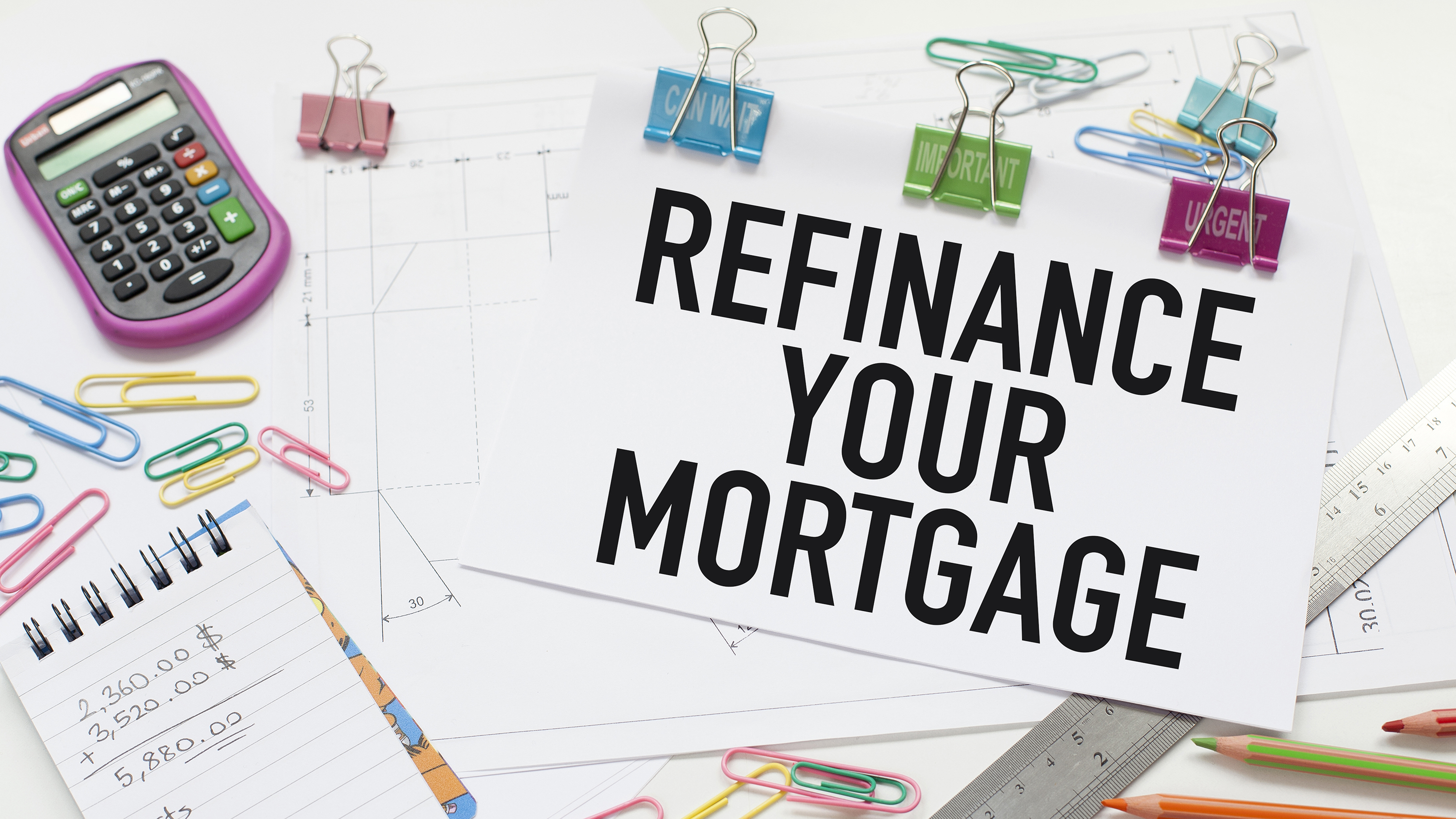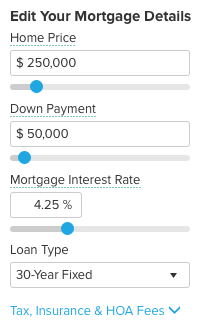If you're 62 or older and desire money to pay off your home loan, supplement your income, or pay for health care expenditures you may think about a reverse mortgage. It permits you to transform part of the equity in your home into money without needing to offer your home or pay additional regular monthly expenses.
A reverse home mortgage can use up the equity in your house, which suggests fewer possessions for you and your successors. If you do choose to try to find one, evaluate the different types of reverse home loans, and contrast shop before you pick a specific business. Check out on to find out more about how reverse home mortgages work, qualifying for a reverse home mortgage, getting the very best offer for you, and how to report any fraud you might see.
In a mortgage, you get a loan in which the lender pays you. Reverse mortgages take part of the equity in your house and transform it into payments to you a sort of advance payment on your house equity. The money you get typically is tax-free. Generally, you don't have to repay the money for as long as you reside in your house.
Often that suggests selling the home to get cash to pay back the loan. There are three type of reverse mortgages: single function reverse mortgages used by some state and regional federal government companies, along with non-profits; proprietary reverse mortgages personal loans; and federally-insured reverse mortgages, also understood as House Equity Conversion Home Loans (HECMs). how do second mortgages work.
More About How Do Referse Mortgages Work
You keep the title to your home. Instead of paying month-to-month mortgage payments, however, you get a bear down part of your home equity. The cash you get generally is not taxable, and it typically will not affect your Social Security or Medicare benefits. When the last making it through debtor dies, sells the house, or no longer lives in the house as a principal residence, the loan needs to be repaid.
Here are some things to consider about reverse home mortgages:. Reverse home mortgage lenders usually charge an origination cost and other closing expenses, in addition to servicing charges over the life of the home loan. Some likewise charge mortgage insurance coverage premiums (for federally-insured HECMs). As you get money through your reverse home loan, interest is included onto the balance you owe every month.
A lot of reverse home mortgages have variable rates, which are connected to a monetary index and change with the market. Variable rate loans tend to provide you more options on how you get your cash through the reverse home mortgage. Some reverse mortgages primarily HECMs provide fixed rates, but they tend to require you to take your loan as a swelling amount at closing.
Interest on reverse home mortgages is not deductible on tax return until the loan is paid off, either partly or completely. In a reverse home mortgage, you keep the title to your house. That indicates you are accountable for property taxes, insurance coverage, utilities, fuel, maintenance, and other expenditures. And, if you do not pay your real estate tax, keep house owner's insurance coverage, or maintain your house, the loan provider might require you to repay your loan.

A Biased View of Why Don't Mortgages Work The Same As Apy
As a result, your lending institution may require a "set-aside" quantity to pay your taxes and insurance during the loan. The "set-aside" lowers the quantity of funds you can get in payments. You are still accountable for http://riverruly488.huicopper.com/5-simple-techniques-for-how-mortgages-subsidy-work maintaining your house. With HECM loans, if you signed the loan documents and your spouse didn't, in certain scenarios, your partner might continue to reside in the home even after you pass away if he or she pays taxes and insurance coverage, and continues to preserve the home.
Reverse home loans can consume the equity in your house, which suggests less possessions for you and your beneficiaries. Most reverse mortgages have something called a "non-recourse" stipulation. This means that you, or your estate, can't owe more than the worth of your house when the loan ends up being due and the house is sold.
As you think about whether a reverse mortgage is best for you, likewise consider which of the 3 types of reverse mortgage may finest suit your requirements. are the least expensive choice - how do balloon mortgages work. They're used by some state and regional federal government firms, as well as non-profit companies, but they're not available all over.
For instance, the lending institution might state the loan might be used only to spend for home repair work, enhancements, or residential or commercial property taxes - how do mortgages work. Most house owners with low or moderate income can qualify for these loans. are private loans that are backed by the business that establish them. If you own a higher-valued house, you may get a bigger loan advance from a proprietary reverse home mortgage.
Indicators on How Do Mortgages Work In The Us You Need To Know
are federally-insured reverse home mortgages and are backed by the U. S. Department of Housing and Urban Advancement (HUD). HECM loans can be used for any purpose. HECMs and exclusive reverse home loans might be more costly than conventional home mortgage, and the upfront expenses can be high. That is necessary to consider, particularly if you prepare to remain in your house for just a short time or obtain a small amount.
In general, the older you are, the more equity you have in your home, and the less you owe on it, the more cash you can get. Before applying for a HECM, you should consult with a counselor from an independent government-approved real estate counseling company. Some loan providers using exclusive reverse mortgages likewise need therapy.
The therapist likewise must discuss the possible alternatives to a HECM like federal government and non-profit programs, or a single-purpose or exclusive reverse mortgage. The therapist also ought to have the ability to assist you compare the costs of various types of reverse home mortgages and inform you how different payment options, costs, and other expenses affect the total expense of the loan with time.
Counseling companies generally charge a charge for their services, often around $125. This cost can be paid from the loan earnings, and you can not be turned away if you can't manage the cost. With a HECM, there normally is no specific earnings requirement. Nevertheless, lending institutions must carry out a financial assessment when choosing whether to authorize and close your loan.
Not known Facts About How To Reverse Mortgages Work If Your House Burns
Based on the results, the loan provider could require funds to be reserved from the loan continues to pay things like residential or commercial property taxes, homeowner's insurance coverage, and flood insurance coverage (if appropriate). If this is not needed, you still might agree that your loan provider will pay these products. If you have a "set-aside" or you concur to have the lender make these payments, those amounts will be subtracted from the quantity you get in loan profits.

The HECM lets you select amongst several payment choices: a single dispensation option this is only offered with a set rate loan, and generally uses less cash than other HECM choices. a "term" option repaired monthly cash loan for a specific time. a "tenure" choice repaired regular monthly cash advances for as long as you live in your house.
This alternative restricts the amount of interest enforced on your loan, due to the fact that you owe interest on the credit that you are using. a mix of monthly payments and a credit line. You might have the ability to change your payment choice for a small cost. HECMs typically offer you bigger loan advances at a lower total expense than exclusive loans do.